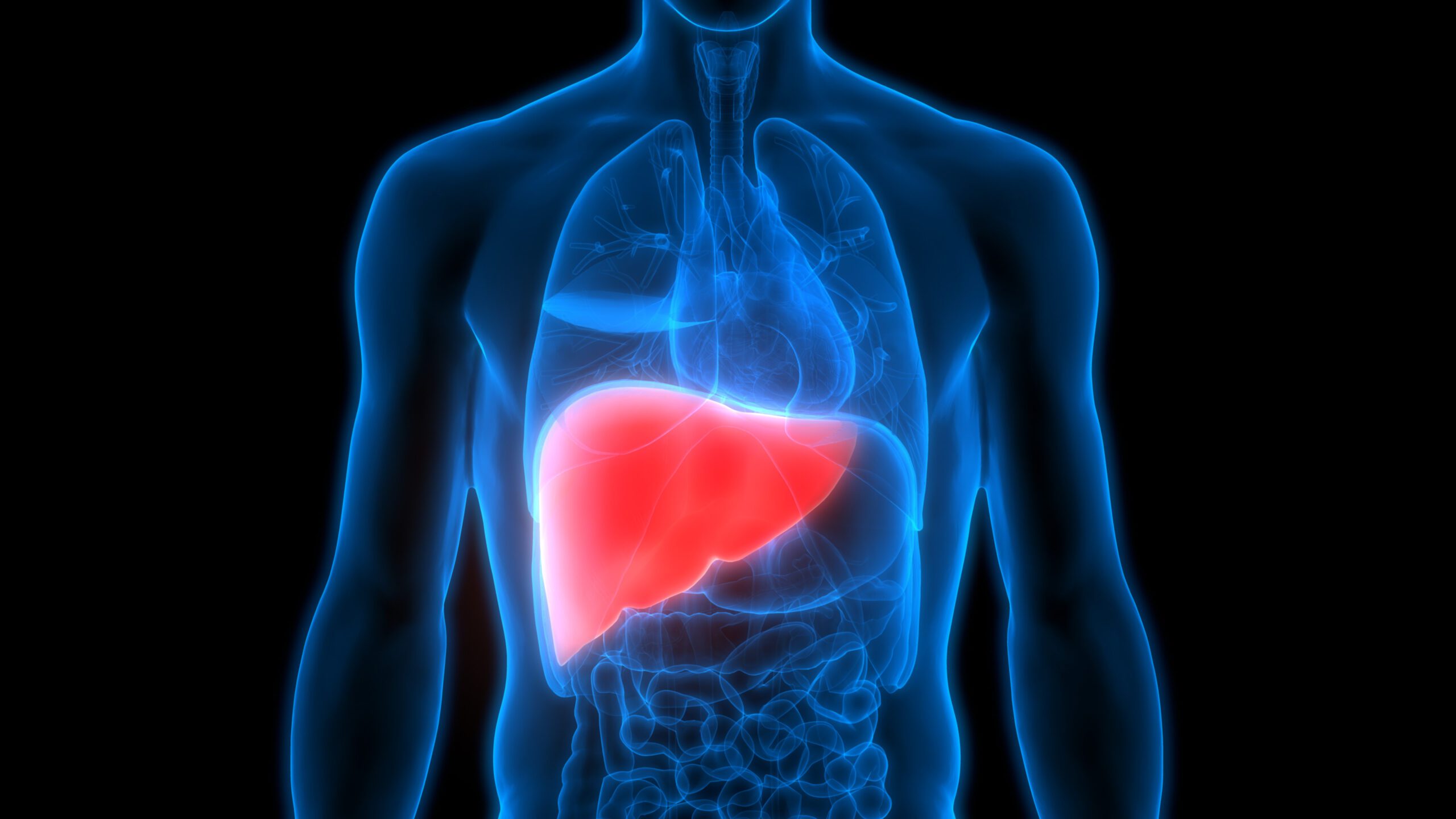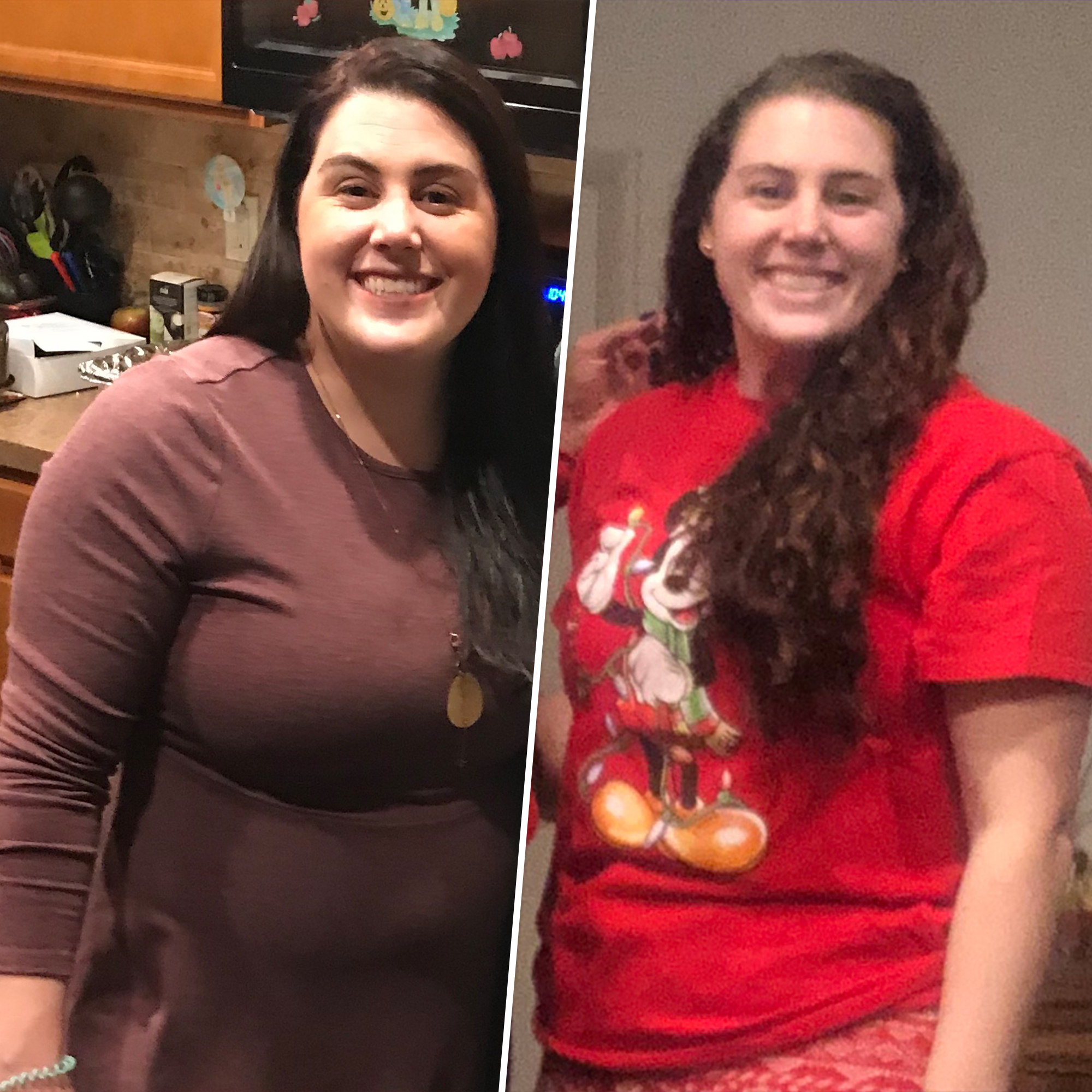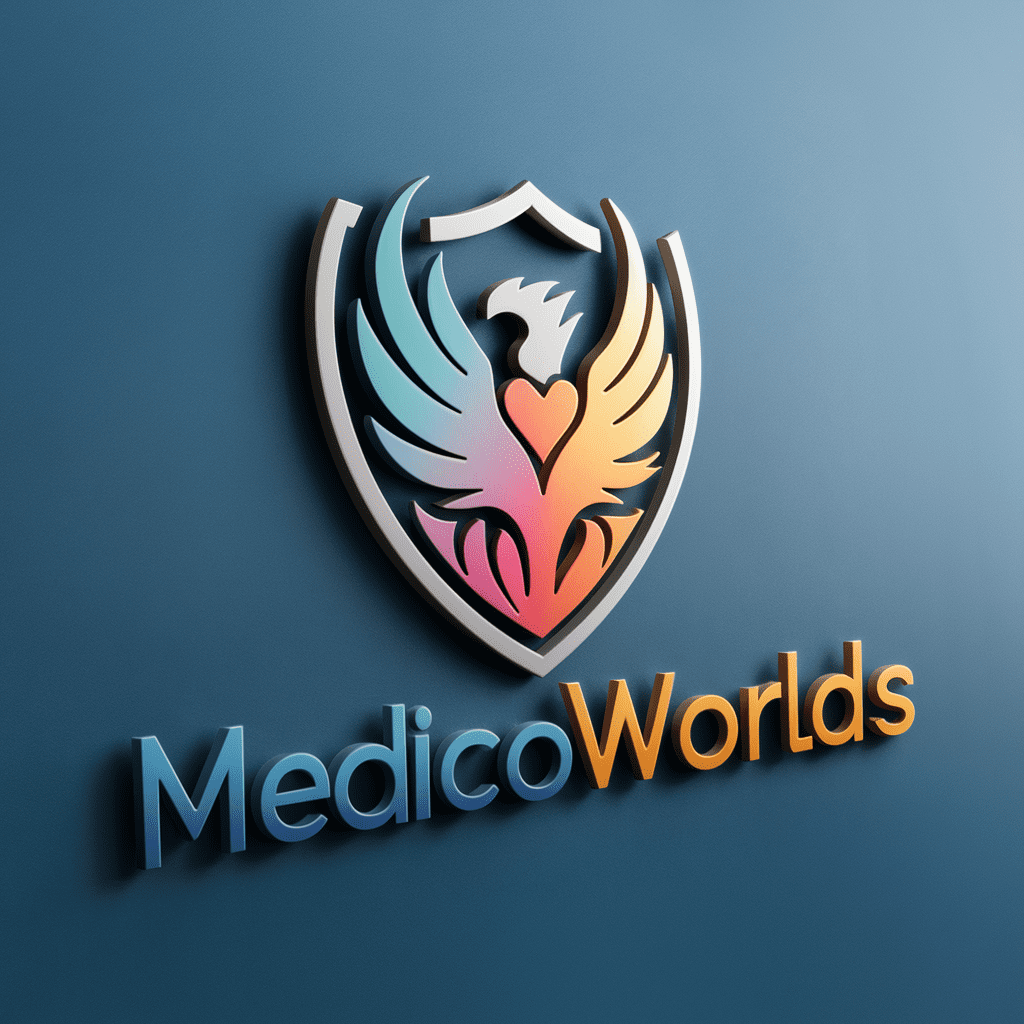Introduction:
Fatty liver disease, also known as hepatic steatosis, has become a prevalent health concern worldwide. It occurs when excessive fat accumulates in the liver, compromising its normal function. This condition can have severe implications for your overall health and well-being. In this blog post, we will explore the symptoms of fatty liver disease, its potential causes, and the importance of addressing this condition promptly.
Fatty liver disease (FLD), characterized by the accumulation of excessive fat in the liver, is a prevalent condition affecting many individuals. It is a common condition, affecting up to one in four adults in the United States.

FLD can be classified into two types:
- Nonalcoholic fatty liver disease (NAFLD): This is the most common type of FLD and is not caused by excessive alcohol consumption. NAFLD is often associated with obesity, diabetes, and other metabolic conditions.
- Alcoholic fatty liver disease (AFLD): This type of FLD is caused by excessive alcohol consumption. AFLD can lead to more serious liver damage, such as cirrhosis.
In the early stages, FLD often has no symptoms. However, as the condition advances, individuals may start to experience:
- Fatigue
- Abdominal pain
- Weight loss
- Dark urine
- Light-colored stools
- Itching
If you notice any of these symptoms, seeking medical attention is crucial for an accurate diagnosis and appropriate treatment. FLD can be diagnosed with a blood test and an ultrasound of the liver.
The impact of FLD on your health depends on the severity of the condition. In mild cases, FLD may not cause any long-term damage. However, in more severe cases, FLD can lead to cirrhosis, liver failure, and even death.

There is no cure for FLD, but there are treatments that can help manage the condition and prevent it from progressing. These treatments include:
- Weight loss: Losing weight is one of the most important things you can do to manage FLD. If you are overweight or obese, losing even a small amount of weight can help improve your liver health.
- Diet: Eating a healthy diet is also important for managing FLD. This includes eating plenty of fruits, vegetables, and whole grains. You should also limit your intake of saturated fat, trans fat, and added sugar.
- Exercise: Regular exercise can help improve your overall health and well-being, including your liver health. Strive to engage in at least 30 minutes of moderate-intensity exercise on most days of the week for optimal health benefits.
- Medication: In some cases, medication may be necessary to help manage FLD. There are a number of different medications that can be used, and your doctor will help you choose the right one for you.
If you have FLD, it is important to work with your doctor to develop a treatment plan that is right for you. With proper treatment, you can manage FLD and prevent it from progressing to more serious liver damage.
Understanding the Impact on Health:
While fatty liver disease may initially appear benign, it can progress to more severe conditions, including liver fibrosis, cirrhosis, and even liver cancer. It is crucial to address this condition promptly to prevent further liver damage and improve overall health outcomes.

Prevention and Management:
- Lifestyle modifications: Adopting a healthy lifestyle is paramount in managing fatty liver disease. This includes maintaining a balanced diet, engaging in regular physical activity, and avoiding excessive alcohol consumption.
- Weight management: Losing excess weight, particularly if overweight or obese, can significantly improve fatty liver disease. This can be achieved through a combination of a healthy diet, regular exercise, and support from healthcare professionals.
- Blood sugar control: Managing conditions such as diabetes and insulin resistance is essential, as they are closely linked to fatty liver disease.
- Medications and medical interventions: In some cases, medications may be prescribed to manage underlying conditions or reduce liver inflammation. Close monitoring and guidance from healthcare professionals are essential in determining the appropriate course of treatment.
Conclusion:
Fatty liver disease is a significant health concern that can impact your overall well-being and lead to severe complications if left unaddressed. Recognizing the symptoms, understanding the causes, and implementing lifestyle changes are crucial steps in managing this condition effectively. If you experience persistent symptoms or suspect fatty liver disease, it is essential to consult with a healthcare professional for an accurate diagnosis and personalized treatment plan. By taking proactive steps, you can protect your liver health and improve your overall quality of life.
Source By-https://en.wikipedia.org/wiki/Fatty_liver_disease


